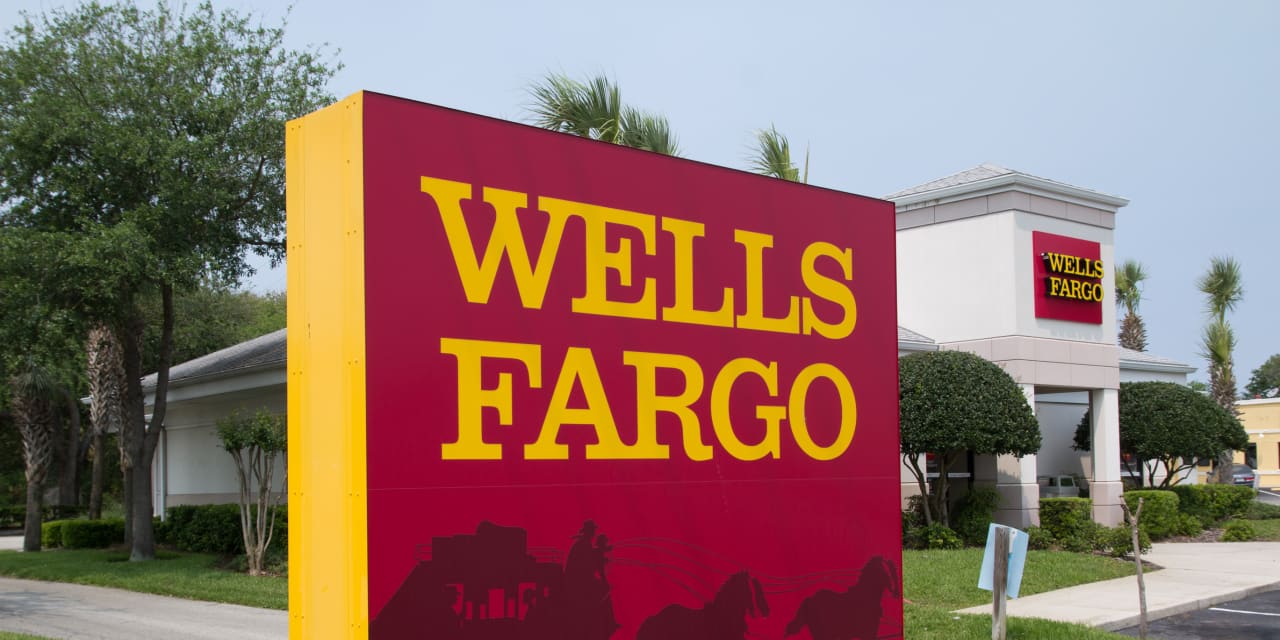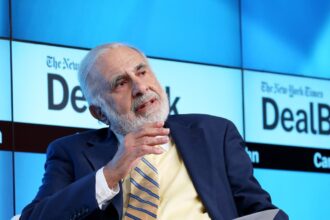Wells Fargo is scheduled to report fiscal third-quarter earnings before the opening bell Friday
Dreamstime
Wells Fargo
stock climbed Friday after the bank reported strong financial results ahead of Wall Street expectations amid a higher-interest-rate environment.
Wells Fargo
(ticker: WFC) reported third-quarter earnings of $1.48 a share. Revenue rose to $20.86 billion, up 7% from the same period a year earlier.
Analysts surveyed by FactSet had expected earnings of $1.24 a share on revenue of $20.09 billion.
The lender said it benefited from higher net interest income and noninterest income, driven by higher rates and the investments made in its businesses.
“While the economy has continued to be resilient, we are seeing the impact of the slowing economy with loan balances declining and charge-offs continuing to deteriorate modestly,” CEO Charlie Scharf said in a statement.
Wells Fargo shares were rising 4.1% to $41.36 and were on pace for their largest percentage increase since June 29. The stock is now up 0.2% this year and was the fourth best performer in the
S&P 500
Friday.
Higher interest rates are flowing through to the bank’s income. Wells Fargo said its net interest income for the quarter increased to $13.11 billion, up 8% from the year-earlier period and outperforming analysts’ expectations of $12.73 billion.
Higher interest rates fatten a bank’s spread between what it pays depositors for their money and what it can charge for loans. The Federal Reserve has increased interest rates 11 times in an effort to fight historically-high inflation.
But while earnings, revenue, and net interest margin are boosted by higher rates, there are concerns that they could start to negatively impact bank performances.
“The prospects of interest rates remaining higher for longer has recently pushed Treasury yields higher and bank stocks lower,” Keefe, Bruyette & Woods analyst Christopher McGratty wrote in a research note last week. Wells Fargo stock had declined 3.8% this year through Thursday’s close.
High interest rates can make it harder for customers to pay off their loans. Wells Fargo said the third-quarter provision for possible credit losses included a $333 million increase, driven primarily by commercial real estate office loans, as well as higher credit-card loan balances.
Write to Angela Palumbo at [email protected]
Read the full article here










